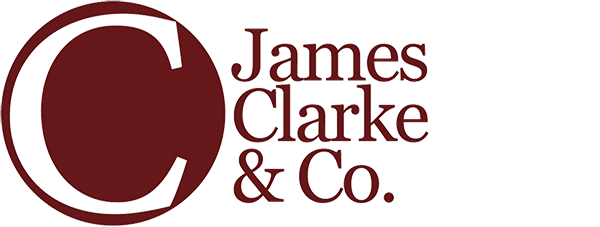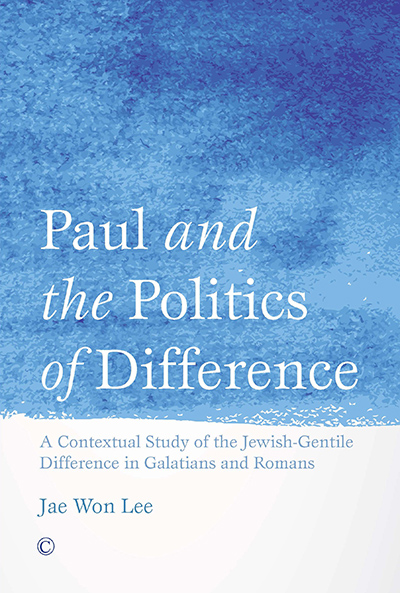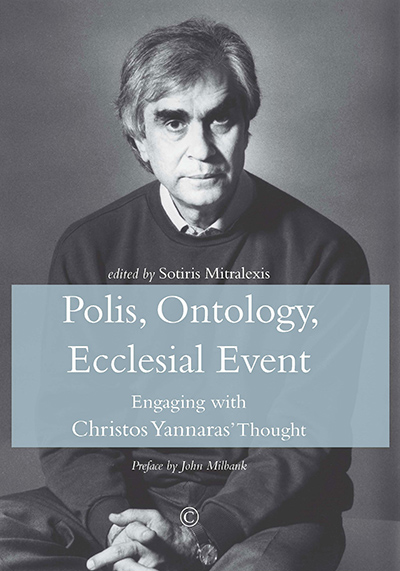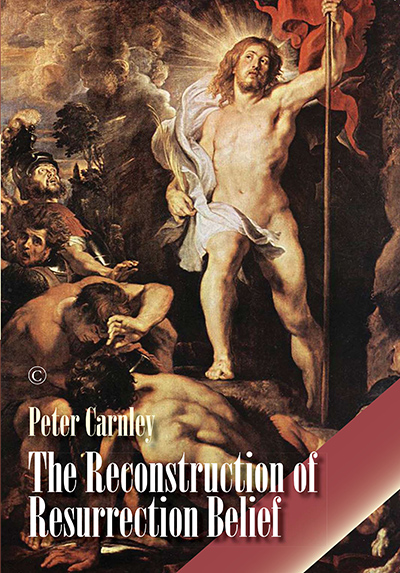Description
With over 290 entries, the Dictionary of Theologians provides a handy summary of theologians’ lives and writings including recent scholarship, as well as a comprehensive and up-to-date bibliography which contain all primary and secondary texts and translations in the major western European languages published as of 2008.
Encompassing the Catholic, Orthodox, Nestorian and Monophysite traditions, the dictionary includes much information not previously available in English. Thoroughly indexed, it includes common variants of names and concepts which will help and direct the reader.
The unprecedented thoroughness of Hill’s compilation provides an essential resource for even the most insightful and specialised of studies on a large and varied range of Church thinkers. Useful for all levels of academia, this is an indispensable resource for the study of early and medieval Christianity.
About the Author
Jonathan Hill holds a MPhil in Theology from Oxford University and a PhD in Philosophy from National University of Singapore. He lives in London and Oxford.
Contents
Introduction
Listing of Theologians
Index of People
Index of Subjects
Index of Councils and Synods
Biblical References
Endorsements and Reviews
This is a bold reference work, maybe most likely to be compared with Friedrich Wilhelm Bautz’s attempt to create a one-author-lexicon, with an ambition to scholastic profundity, attention to detail, and coverage. … Everyone who is eager to get a quick round-up of the recent literature on one of the church fathers listed [or one of the few female theologians], concerning their life and accomplishments, will be delighted to draw on this piece of work. … this piece of work is definitely written in a vivid style, that is incentivising to continue reading.
Markus Vinzent, in Theologische Literaturzeitung, Vol 136:11
The Dictionary covers individuals from Apostolic Fathers to the death of Duns Scotus, one of the most important philosophers and theologians of the Middle Ages. All entries cover individuals who contributed to the development of Christian theology. While the authors provide brief historical and biographical information, the primary focus is on their roles as contributors to the theological discourse of their time. … Hill provides an excellent overview of Aquinas’ ideas and the doctrines those ideas influenced. Many articles provide a similar synopsis of Aquinas’ thoughts, but the Dictionary’s inclusive bibliography makes it unique. The Dictionary’s extensive bibliography is a valuable asset for anyone doing research on Aquinas. It is unparalleled by other reference works.
Garrett Troll, in Journal of Religious & Theological Information
Unlike many dictionaries of theologians or philosophers, this work offers a comprehensive vade mecum of Christian theologians which is useful to anyone studying or working in the field, without being cursory or voluminous. The dictionary is precisely researched and clearly up-to-date, offering a biographical as well as a theological overview of each contributor to Christian thought. Entries include both Western and Eastern theologians, and often include references to the Patrologia Latina and Patrologia Graeca. The work is well structured, and is the result of much thought and distillation. … Perhaps the most important aspect to consider with this dictionary is the balance that has been achieved in terms of style, content, and appearance. Researching and writing a dictionary of ambitious proportion, as this one is, gives room for careful consideration and planning of presentation and choice of content. Hill has maintained a useful balance of these elements in writing this volume.
Chris Wojtulewicz, in Theologische Revue, No 4, 2012
This is a great go-to resource particularly for some more obscure medieval thinkers who are less well-covered in other introductory volumes. … Overall, an impressive feat for a single scholar, generally reliable and consistent in its approach.
Lee Gatiss, Peterhouse, Cambridge, in Churchman, Autumn 2012





